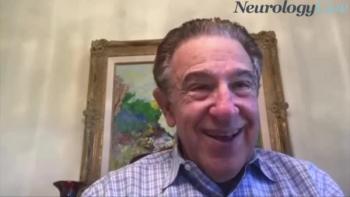
The neurologist from Banner Health and chief medical officer of the MS Association of America detailed the significant changes to the state of multiple sclerosis care over the past 3 decades.

The neurologist from Banner Health and chief medical officer of the MS Association of America detailed the significant changes to the state of multiple sclerosis care over the past 3 decades.

The founder and chief scientific officer of Neurolutions discussed other populations that may benefit from the IpsiHand Upper Extremity Rehabilitation System by building on its current capabilities.

Through surveys and an international meeting, the International Society for CNS Clinical Trials Methodology developed consensus criteria for NCD-specific apathy.
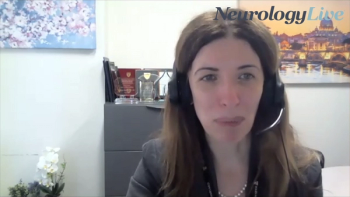
The investigator at the Healey & AMG Center for ALS at Massachusetts General Hospital discussed how the PHOENIX study expands upon the previous study, CENTAUR.
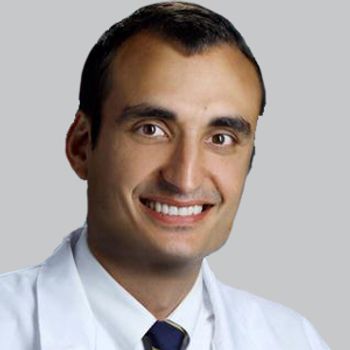
Despite identifying a role of air pollutants in PD, no evidence for the association between the risk of PD and exposure to particulate matters, ozone, sulfur dioxide, or carbon monoxide were observed.
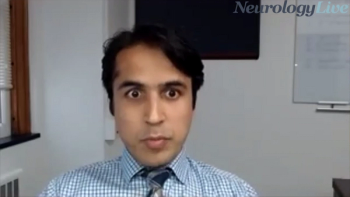
The neurologist at Cleveland Clinic addressed aspects of care for elders with generalized epilepsy that need to be further researched.
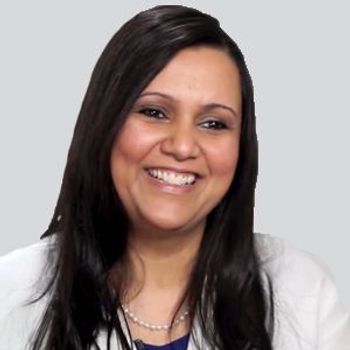
With the AHS 63rd Annual Scientific Meeting set to kick-off virtually on June 3, 2021, Jessica Ailani, MD, FAHS, offered her perspective on what to expect from the presentations and sessions.
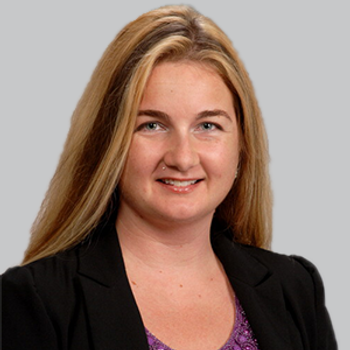
Identified by Mayo Clinic investigators, the protein-coding gene SERPINA5 was found to be associated with tau expression, characteristic of Alzheimer disease pathology.
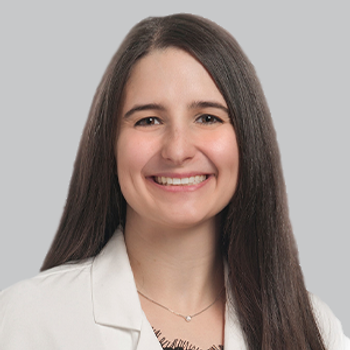
Marisa McGinley, DO, from the Mellen Center for Multiple Sclerosis Treatment and Research at Cleveland Clinic, offered her insight into the manual dexterity test and the need to better prognosticate dexterity issues.

The assistant professor of neurology at the Keck School of Medicine at University of Southern California discussed the importance of having additional agents to treat Parkinson disease.
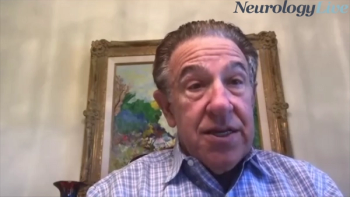
The neurologist from Banner Health and chief medical officer of the MS Association of America provided perspective on the global impact World MS Day can have on the patient and clinician community.

After propensity adjustment, there was no difference in the risk of epilepsy or age at epilepsy onset for infants whose ASM was discontinued vs maintained at hospital discharge.
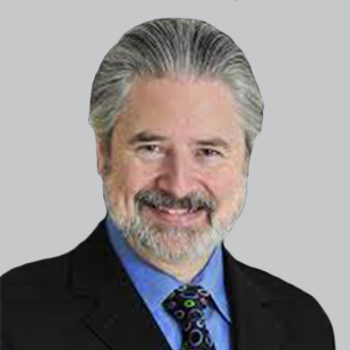
Richard Gershon, PhD, vice chair for research at the Northwestern University Feinberg School of Medicine, discussed the development of the mobile toolbox battery to track cognitive decline.
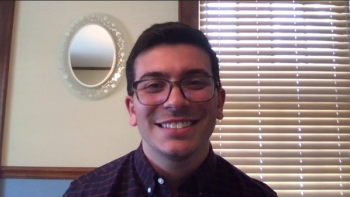
Neurology News Network for the week ending May 29, 2021.

Take 5 minutes to catch up on NeurologyLive's highlights from the week ending May 28, 2021.
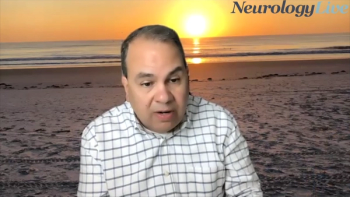
The professor of neurology at Mayo Clinic detailed the next steps in understanding more about the impact social determinants of health have on epilepsy care.
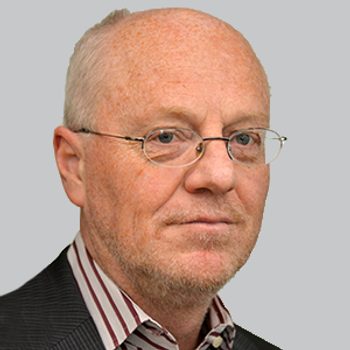
Biohaven’s agent is now the first oral CGRP antagonist to be approved for prevention, and the first to be approved for both acute and preventive therapy. It is marketed as Nurtec ODT and is administered in a 75-mg dose.

Mary Meskis, executive director of the Dravet Syndrome Foundation, provided a opportunities the organization is offering in honor of Dravet Syndrome Awareness Month.
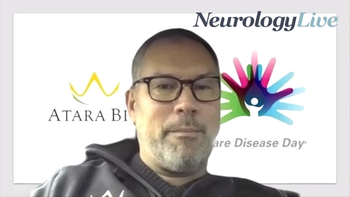
The head of global research and executive vice president of Atara Biotherapeutics discussed the trial design of part 2 of the study of ATA188.
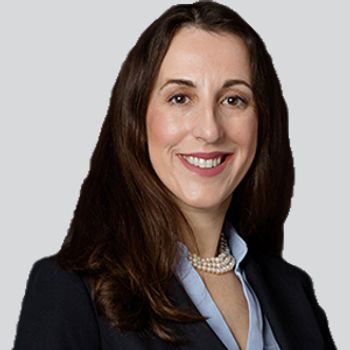
Six months after being discharged from the hospital for COVID-19, patients scored worse than average on 1 or more NeuroQoL scale components, which measured anxiety, sleep, fatigue, and depression.
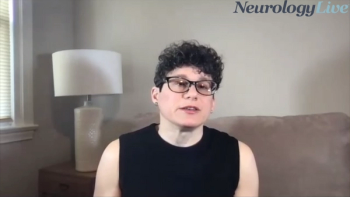
The associate professor and director of the Headache Medicine Fellowship Program at Thomas Jefferson University discussed the role of clinicians in determining migraine treatment eligibility.
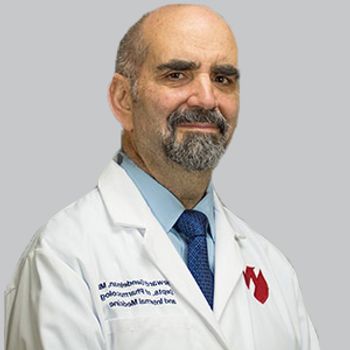
Alterations in MDS-UPDRS part III scores were associated with increased expression of Treg phenotypes and immunosuppressive function, suggesting a potential role of Treg function in diminution of disease progression.

The American Heart Association/American Stroke Association has published updated guidelines for the prevention of secondary stroke.
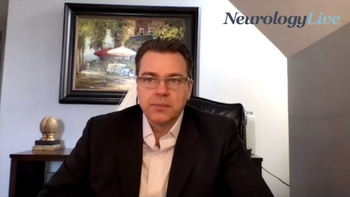
The professor of neurology and director of the Buffalo Neuroimaging Analysis Center discussed the findings of the post-hoc analysis of the ORATORIO study.

The long-term follow up of the phase 1 START trial found that previously achieved motor milestones were preserved over a 5-year period.
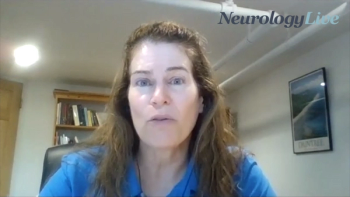
The senior director of patient management, care, and rehabilitation research at the National Multiple Sclerosis Society encouraged clinicians to spread word of the need for research.
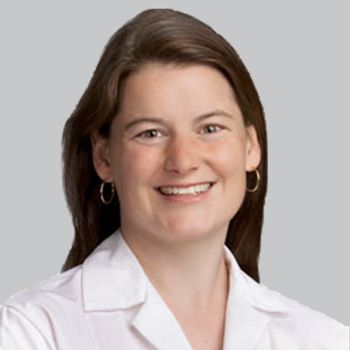
In addition to focusing on healthy sleep habits, researchers reinforce empowering children and adolescents to navigate the “brave new world” of online and hybrid schooling influenced by the pandemic.

Matthew B. Harms, MD, associate professor of neurology at Columbia and medical consultant for the Muscular Dystrophy Association, shares his thoughts on the current state of ALS care.
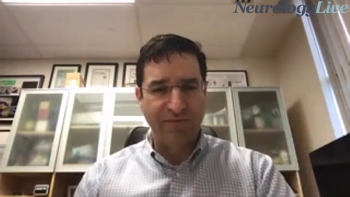
The founder and chief scientific officer of Neurolutions discussed the mechanisms by which the IpsiHand System effectively assists patients with chronic stroke.